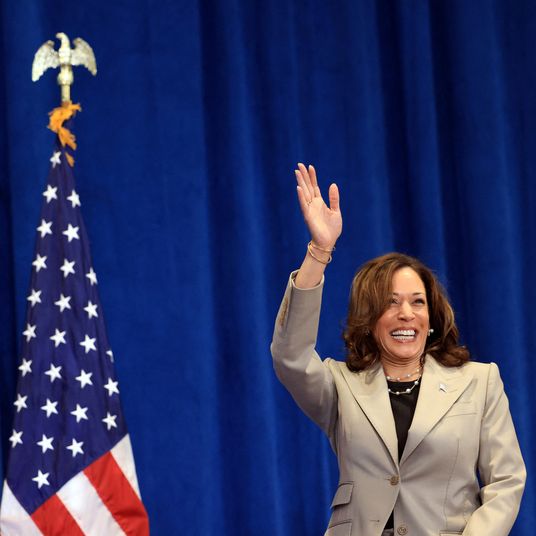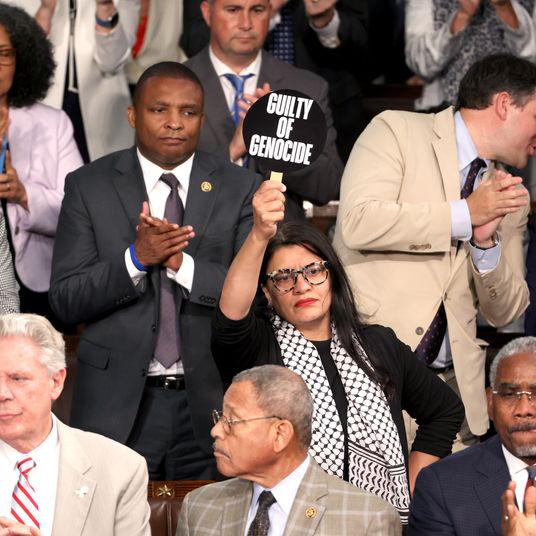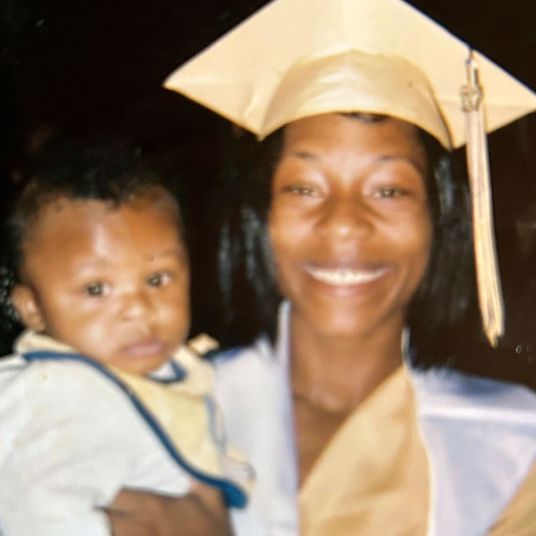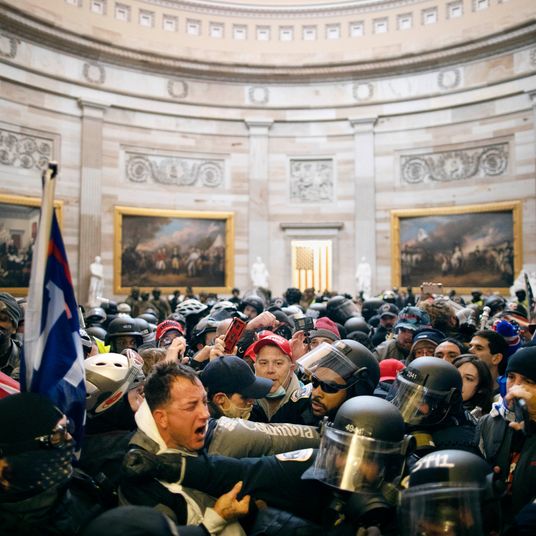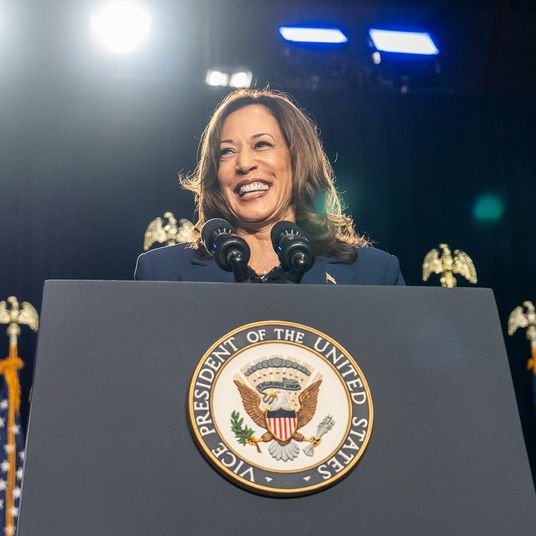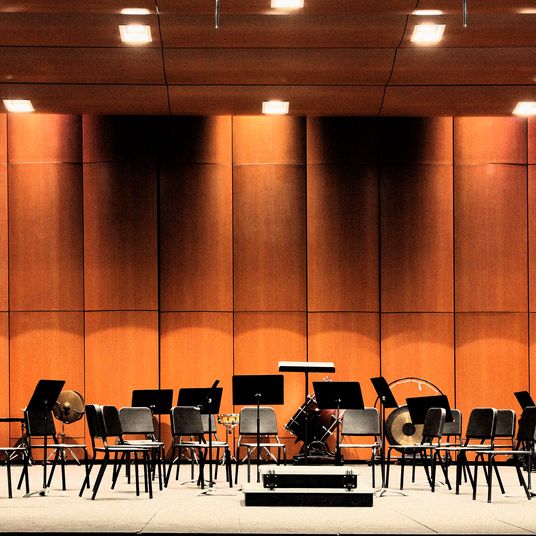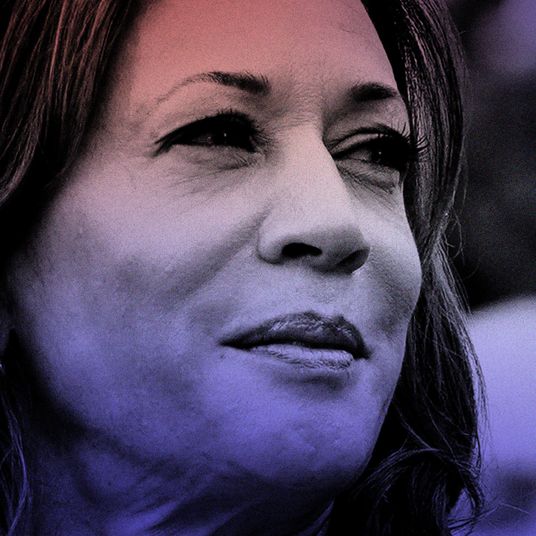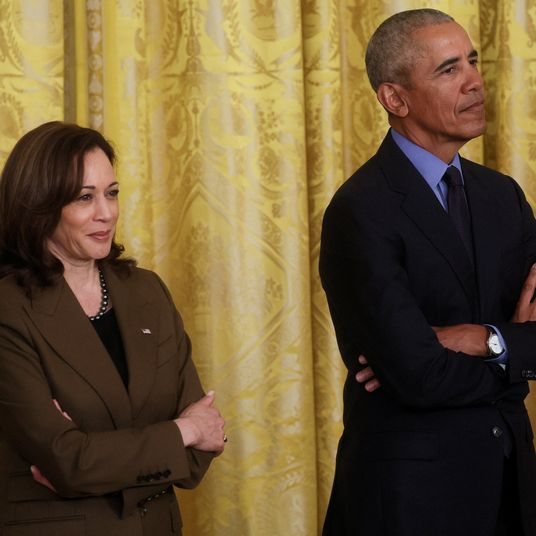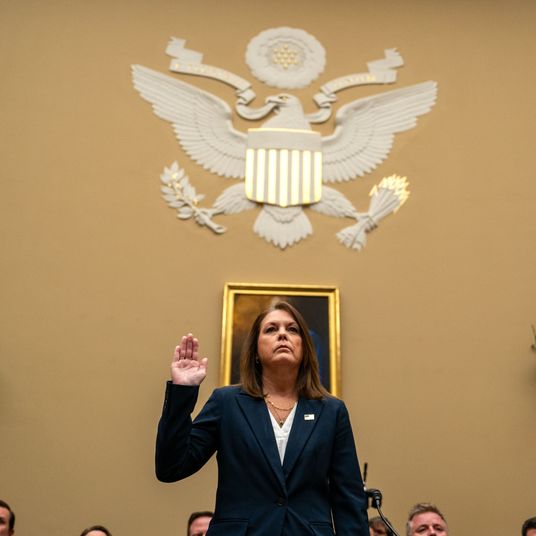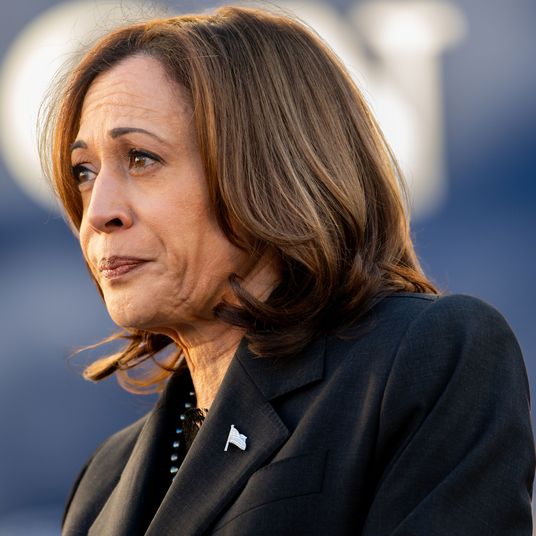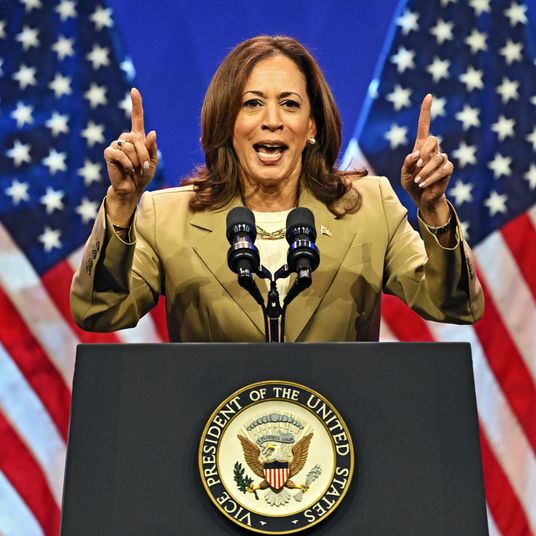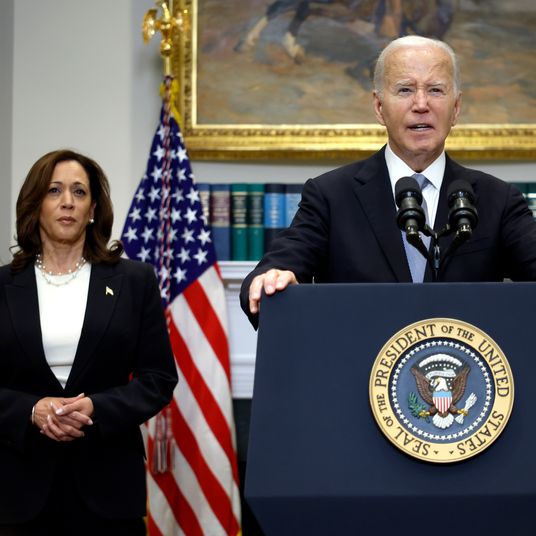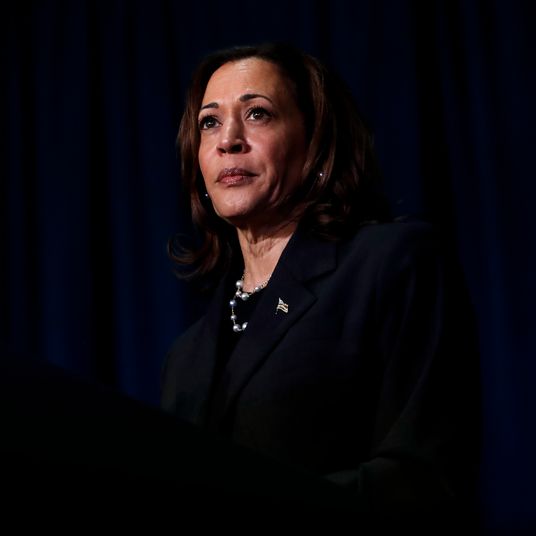
New York Democrats had plenty to celebrate on Tuesday. Despite a furious, incendiary campaign that tapped into visceral fears over rising crime, Lee Zeldin could not get himself elected governor. Kathy Hochul won and she’ll have four years in Albany, where she can hope to build a legacy outside the enormous shadow of her disgraced predecessor, Andrew Cuomo. Democrats will retain control of the State Senate and Assembly, allowing Hochul to govern without a great deal of uncertainty or chaos.
If a challenging midterm could not erase a Democratic governor, it caused many problems below the top of the ticket. Hochul can revel in her relatively narrow victory, but New York is probably the reason Democrats will watch their House majority slip out of reach. After the state’s highest court rejected the Democrat-run state legislature’s attempts to engineer friendly House maps, a court-appointed special master crafted neutral districts that, in even a mild wave year like this one, spelled doom for the Democratic Party. Suddenly, much of the state’s suburbs and rural areas were in play, and on Tuesday it became inordinately clear how disastrous that might be for the left.
Zeldin, a Trump-loving Long Island congressman, easily defeated Hochul on Long Island, running up healthy margins in Nassau and Suffolk counties. An unprecedented four House seats were open there, thanks to a variety of retirements and Zeldin leaving to Suffolk County to run for governor. All four Republicans won. It was the kind of sweep not seen in decades; typically, the counties sent at least one Democrat to Congress. It was on Long Island, always friendly turf for Trump, where Zeldin’s drumbeat over elevated crime found the most purchase. Anxiety over stubbornly high gas prices played a role in the Republican dominance as well. The suburb’s white working class and middle class enthusiastically chose a straight ticket, dooming moderate and center-left Democrats who strained, at times, to separate themselves from the national brand. (Latinos on Long Island also appeared to swing toward the GOP. A plurality Hispanic state senate district that Biden dominated two years ago almost flipped to the Republicans.)
Traditionally aligned politically, Long Island and Westchester continued their divergence, with Hochul carrying the suburban towns and cities north of New York City. If Democrats are on a clear decline in Nassau and Suffolk, Westchester offers a rejoinder: Hochul took 60 percent there overall, making up for double-digit deficits on Long Island. This trend was evident last year too, when Republicans seized the Nassau County executive’s office and won two district attorney’s races while Democrats managed to hold onto the county executive post in Westchester. More urbanized than Long Island—and, perhaps, with a college-educated base that prefers Democrats — Westchester may be something of a future bulwark for Democrats against GOP efforts to win statewide.
The Hudson Valley, a bright spot for Democrats in the Trump years, swerved right under the new district lines and a Biden presidency. Sean Patrick Maloney fell to Mike Lawler, a Republican assemblyman, an embarrassing defeat for the chairman of the Democratic Congressional Campaign Committee. Josh Riley could not overcome Marc Molinaro, the Republican Dutchess County executive. Only Pat Ryan, the Democrat who won a shock victory in August over Molinaro in a neighboring district, appeared able to hold on in the region. Ryan, who won some national fame for his staunch support of abortion rights after the fall of Roe, may be the only Democrat in the suburbs who won in Congress on Tuesday.
Another dispiriting trend for Democrats was evident: the continued erosion of support in the Asian American community. Once a staunch Democratic bloc, Asian Americans are now clearly trending into the Republican camp. Zeldin won majorities in Chinese-speaking neighborhoods in Brooklyn and Queens, carrying a Republican to victory over a Democratic assemblyman who was first elected in 1986. A Chinese plurality State Senate district came close to rejecting an Asian American Democrat, almost preferring a white Republican aligned with Zeldin. Public safety and education remain, by far, the top issues for Asian voters in the five boroughs. Many are on edge over anti-Asian hate crimes and view law-and-order Republicans as their best hope. Others remain enraged at Democrats for supporting a failed attempt to scrap a standardized test for specialized high schools that have large Asian populations.
In Brooklyn and Queens, Asian voters found common cause with Orthodox Jews to support Republicans. In the Hebrew and Yiddish-speaking neighborhoods, this voting pattern is not new, but what changed was turnout: These enclaves all produced enormous numbers for Zeldin, and he was greeted like a conquering hero when he visited a Midwood, Brooklyn, pizzeria on Tuesday afternoon. Zeldin is Jewish, but the zeal for his candidacy didn’t have much to do with his religion. Rather, many observant Jews fear Hochul will crack down on yeshivas that offer substandard English and science education. For Hasidic Jews in particular, this issue is existential in scope — they view safeguarding religious education as paramount and remain wary of secular topics — and many wanted to send a direct message to Hochul: Stay away from our schools. In addition, antisemitic hate crimes remain on the minds of many Jewish voters and they have come to believe only Republicans will keep them safe. Zeldin would not have come as close to Hochul as he did without the overwhelming backing of the Orthodox. Hochul will have to decide, in the coming months, how exactly she should reckon with such opposition.
More From This Series
- J.D. Vance Explains His Conversion to MAGA
- Are Democrats the Party of Low-Turnout Elections Now?
- New Midterms Data Reveals Good News for Democrats in 2024






